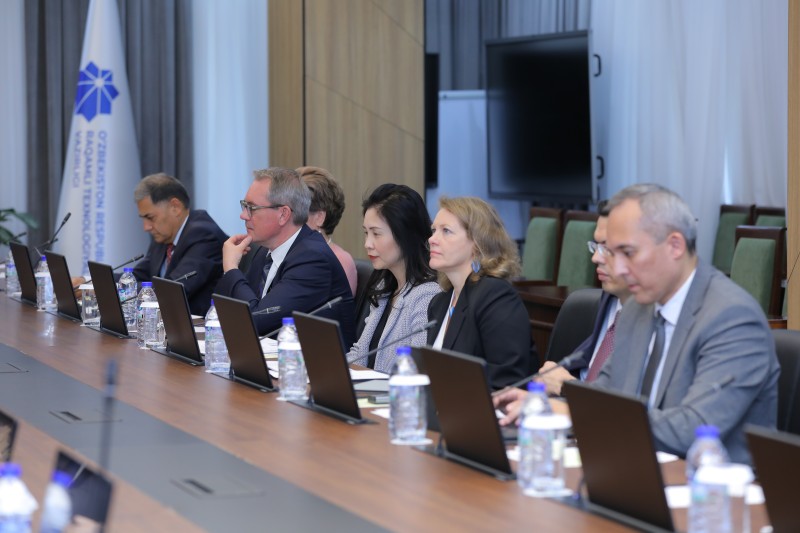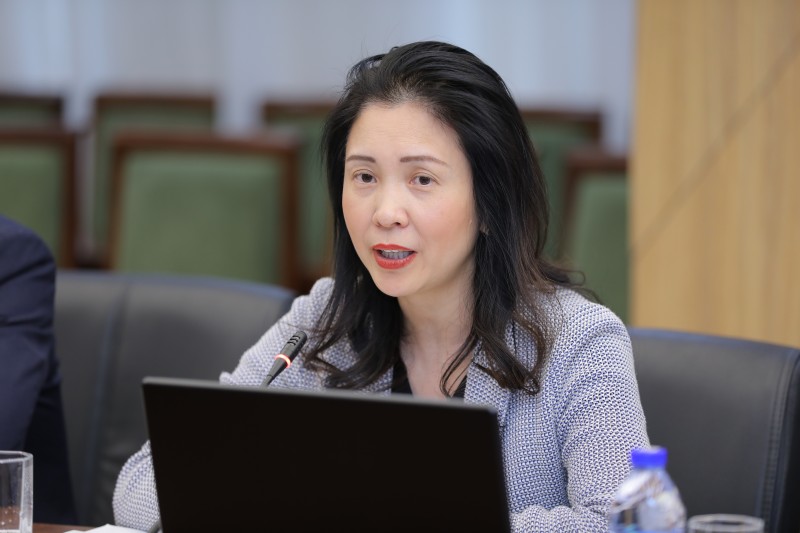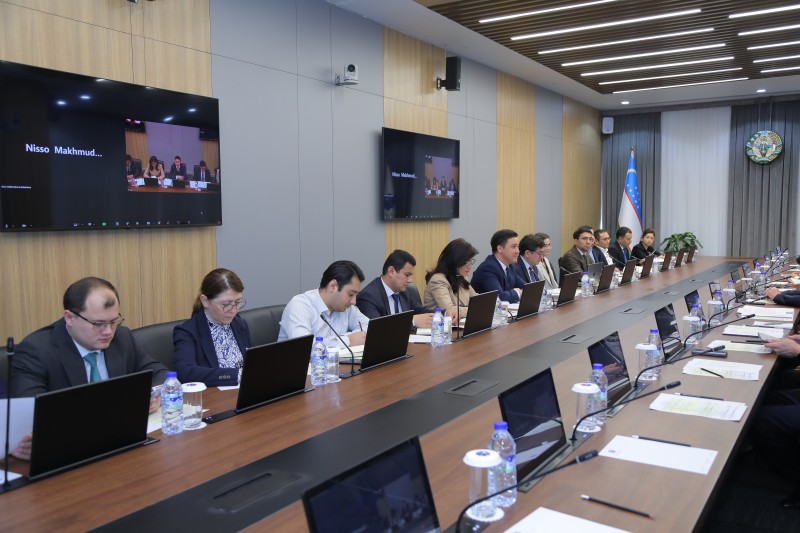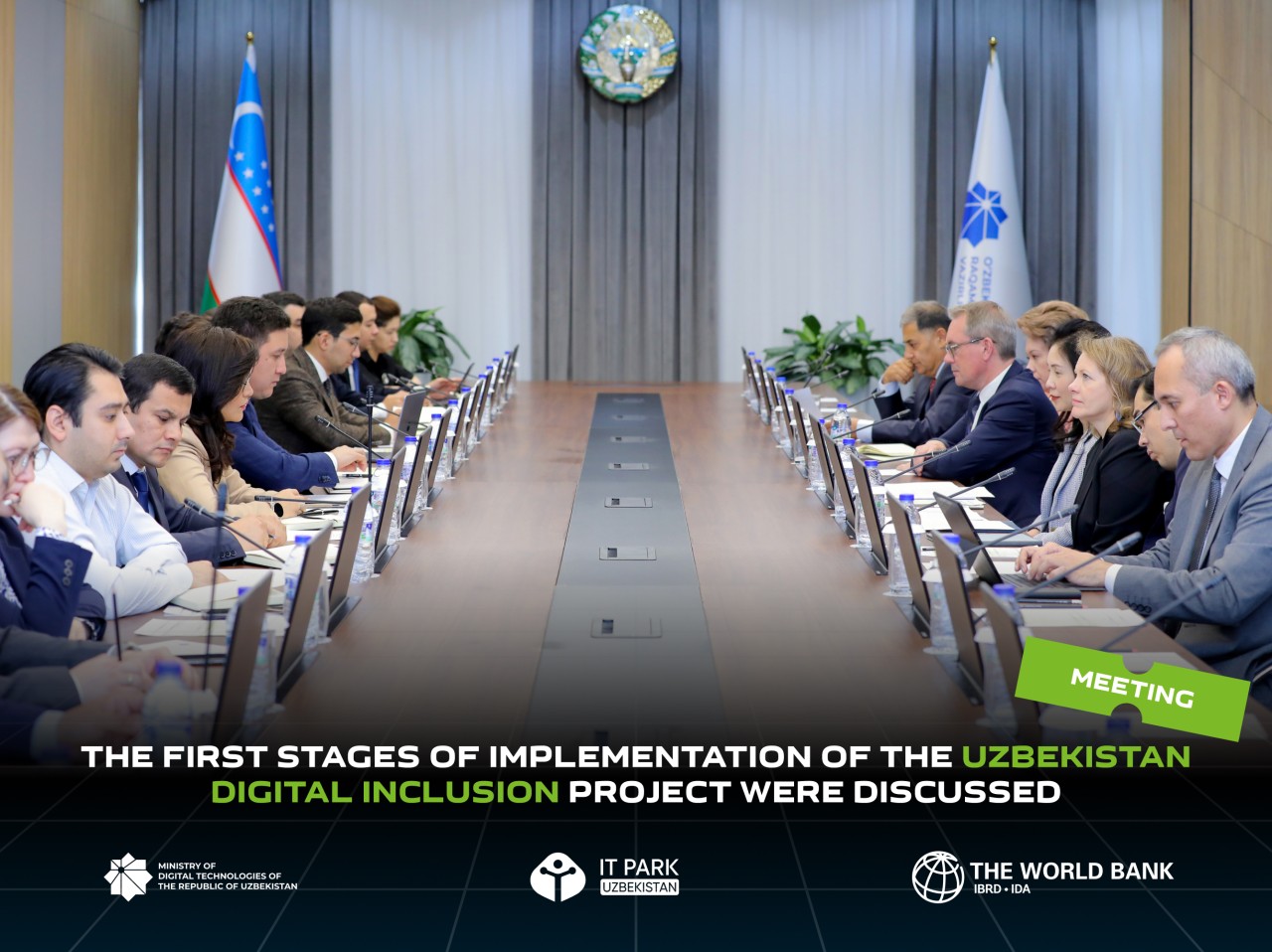
The implementation of the Uzbekistan Digital Inclusion project has commenced
In anticipation of the launch of the Uzbekistan Digital Inclusion project, a joint project of the World Bank, the Ministry of Digital Technologies of Uzbekistan and IT Park, a meeting of the project team was held with the participation of Deputy Minister Rustam Karimjonov, IT Park CEO Farkhod Ibragimov, and World Bank delegation led by Christine Zhenwei Qiang, Director of the Digital Development Global Practice.
The objective of the Uzbekistan Digital Inclusion project is to enhance the level of digitization and create requisite conditions for the development of the IT sector in our country, including infrastructure development and legal framework updates. The project comprises three main components: inclusivity with digital technologies and a conducive environment, development of nationwide regional infrastructure, and stimulation of IT services and promotion of location attractiveness.
The meeting deliberated upon forthcoming measures in project implementation and the realization of Uzbekistan's export potential, alongside reforms carried out in the IT sector. World Bank representatives underscored the extensive efforts undertaken within the republic to foster and popularize the IT sector.
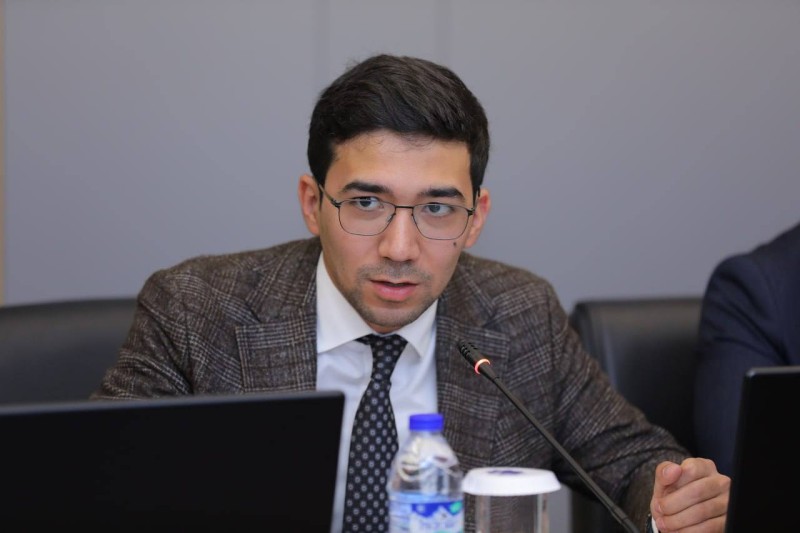
Moreover, World Bank delegation members presented pivotal development directions of the Uzbekistan Digital Inclusion project, shedding light on procurement aspects, financial components, as well as expounding upon the bank's environmental and social policies.
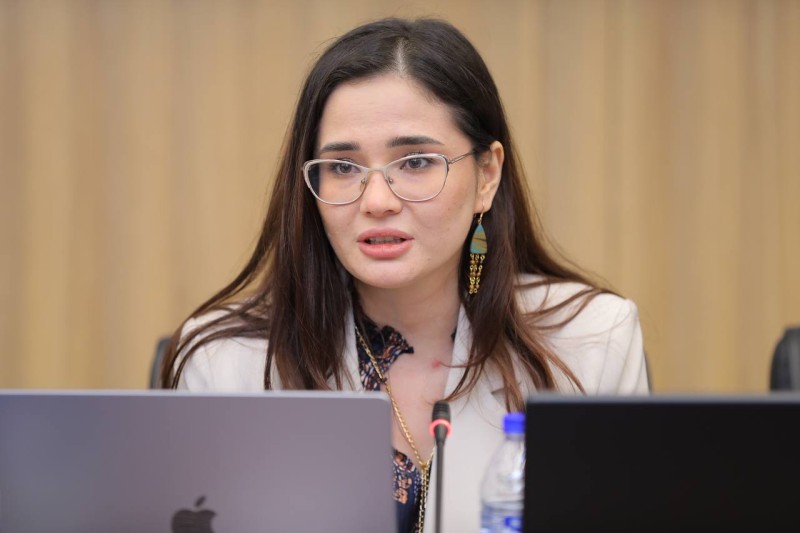
The project will mark a significant milestone in Uzbekistan's evolution into a regional technological hub, facilitated by investments in digitization and regional infrastructure, modernization of legal, regulatory, and institutional frameworks, and cultivation of key competencies, particularly among the most vulnerable segments of the population.
With the backing of the World Bank, IT centers will be established and refurbished, with the engagement of over 200 international and local companies slated to provide IT services abroad from our country.
Furthermore, project places special emphasis on the training of over 6000 young professionals and the creation of 25000 new jobs within the technology sector for youth aged 18-30. It is envisaged that female representation in employment should reach 50% of the total vacancies, and a 4% quota is allocated for persons with disabilities.
2024-05-16
